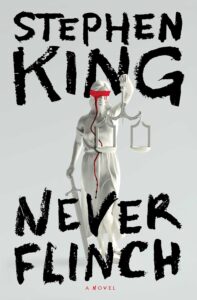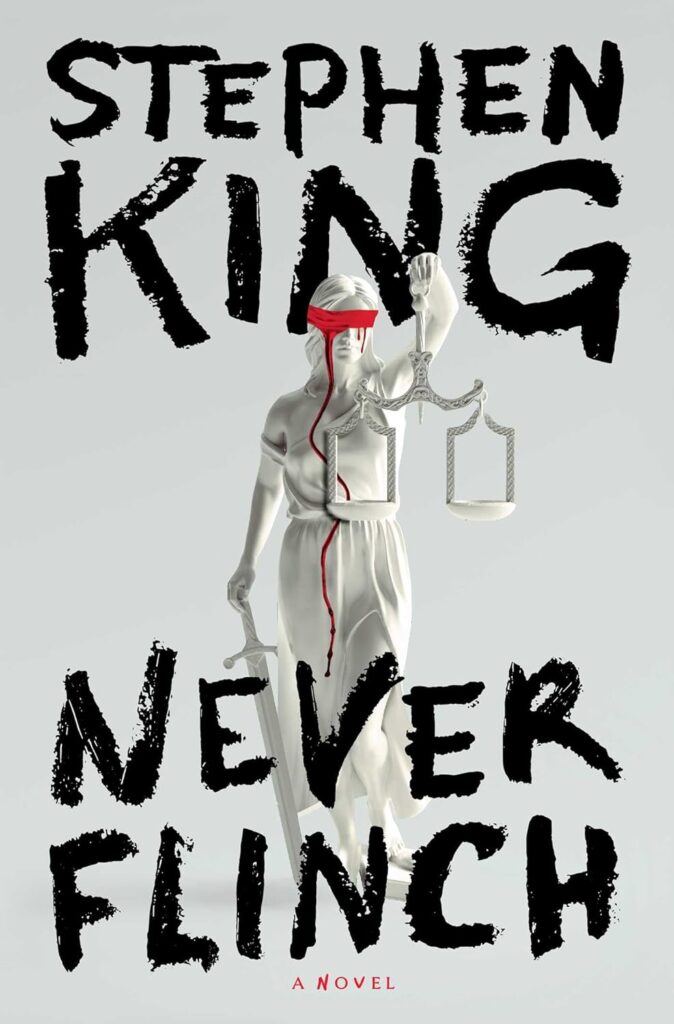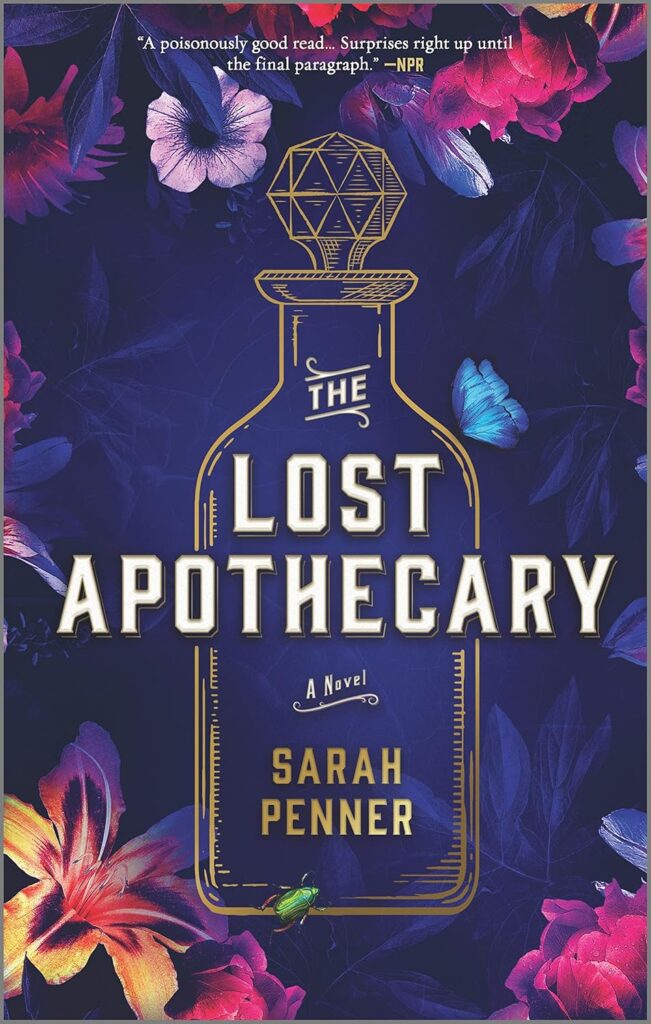Plato—what a name, right? Even if you’ve never cracked open The Republic or sat through a Philosophy 101 lecture, you’ve probably heard of him. He’s that ancient Greek thinker who seemed obsessed with questions that still keep us up at night: “What’s the truth? What’s good? How do we live a meaningful life?” And honestly, his answers are just as intense as the questions. He pointed to something bigger—an unchanging reality of truth, beauty, and goodness that we’re all, somehow, trying to reach. For Plato, life wasn’t just about chasing happiness or comfort but about aligning your soul with these higher ideals. Sounds heavy, I know, but there’s something strangely comforting about it, isn’t there? Like maybe we’re all part of something larger than ourselves.
Table of Contents
Plato’s View of the Meaning of Life
When you hear someone talk about “the meaning of life,” you probably expect a deep philosophical rabbit hole. Plato took it there—and then some. For him, life wasn’t random or meaningless. Instead, it was like we’re all on this lifelong scavenger hunt, trying to uncover a reality far greater than what’s directly in front of us. Think of life as trying to understand shadows on a wall, knowing there’s a whole sunlit world behind you that you can’t always see—yet. Plato had a lot to say about how we get closer to that deeper truth, which he believed was the essence of a meaningful life.
The Theory of Forms as a Foundation
Plato’s Theory of Forms lays the groundwork for his take on life’s meaning, and honestly, it blew my mind the first time I truly started to get it. Imagine a world where there’s this perfect, unchanging blueprint for everything—truth, beauty, justice—existing “out there” beyond what we can touch or see. What we experience day-to-day? Those are just cheap knock-offs, like buying a designer bag from some sketchy shop. Plato argued that the real reality isn’t found in the messy, temporary stuff in front of us but in these eternal ideas or “Forms.”
So how does this connect to life’s meaning? For Plato, our lives gain purpose when we strive to align ourselves with these perfect ideals. Life isn’t about just surviving—it’s about figuring out how our daily choices, relationships, and actions reflect something bigger, something truer. It’s like trying to sculpt a statue when you’ve only got the outline in your head. Sure, you’re stuck in this imperfect world, but your goal is to bring those ideal Forms into your life as much as you can. And that pursuit? That’s where meaning lies.
If you’re curious and want more depth on this, check out Plato’s Theory of Forms for a deeper dive.
The Pursuit of Virtues
Now we move into the gritty stuff—virtues. Plato was all about virtues being the road map to a meaningful life. But we’re not just talking about being good for goodness’ sake. Plato saw virtues like justice, moderation, and wisdom as ways to bring harmony to the soul. Yeah, the soul. He believed being “virtuous” wasn’t just about external actions—it was about getting your internal world in order. How often do we chase happiness without realizing we’re a chaotic mess inside? (Guilty.)
The idea is simple but profound: you become what you practice. If you act with fairness, grow in self-control, and show thoughtfulness, you’re shaping yourself to reflect timeless truths—the Forms—but in a very real, human way. And when you screw up? Well, you’re not lost, but you reset and keep moving toward those ideals.
It’s like trying to hit a target while riding a bike. You’ll wobble and fail a lot, but the effort itself is meaningful. If this idea resonates, Plato on Virtue and the Good Life explores how Plato ties virtues to achieving harmony and true happiness.
Intellectual and Spiritual Growth
For Plato, life wasn’t just about acting wisely—it was about thinking wisely, and that required engaging your mind. I know, philosophy can feel like a chore sometimes, but Plato saw it as the key to everything. Education, philosophical questioning, and self-reflection aren’t just nerdy hobbies; they’re ways of waking up from the “sleepwalking” state most of us exist in. Philosophy becomes a flashlight in the darkness.
This is where the “Allegory of the Cave” sneaks in. Picture this: you’re stuck in a dark cave, only seeing shadows on the walls. Most people stay there—complacent, comfortable. But through education and intellectual growth, you climb out of the cave and experience the blazing light of the sun, AKA knowledge and truth. Sounds extreme, but isn’t that what growth feels like sometimes? Painful, uncomfortable, and worth every second.
Plato argued that life’s meaning blooms when we embrace this process, even if it feels like climbing uphill both ways. It’s about using your mind and your soul to wrestle with life’s hardest questions—and finding joy in the journey. Curious how Plato connects this to his view on existence? This exploration of Plato’s Wisdom digs deeper into his thoughts on intellectual growth as a pillar of meaning.
Plato’s Allegory of the Cave and Its Implications
Plato’s Allegory of the Cave is one of those ideas that feels eerily timeless. It paints a picture so vivid, so strangely familiar, that it sticks with you—like the lyrics of a song you can’t forget. At its core, it’s about being trapped by illusions and struggling toward truth. That journey? It’s messy, uncomfortable, but absolutely worth it. Let’s break it down and see how it still speaks to our modern lives.
Interpreting the Allegory
Okay, so here’s the deal: Plato asks us to imagine a group of people who’ve spent their entire lives chained up in a dark cave. They’re facing a wall, and all they’ve ever seen are shadows—distorted shapes cast by objects held up behind them in the light of a fire. That’s their reality. Shadows on a wall. They don’t even know they’re in a cave.
Now, let’s hit pause. The cave stands for ignorance—the kind of cluelessness that comes from accepting only what’s right in front of you, never questioning it. The shadows? That’s the stuff we think is real but isn’t. Think consumerism, shallow social media trends, or even fake news. It’s easy to get comfortable watching shadows. But Plato isn’t letting us off the hook.
In the allegory, one prisoner escapes. They turn around, climb out of the cave, and step into the sunlight. At first, it’s blinding—painful, even. But as their eyes adjust, they start seeing everything as it really is. That sunlight? It represents knowledge, wisdom, and truth—what Plato calls the “Forms,” the essence of what’s real.
Here’s a wild part: after experiencing the beauty and fullness of truth, the freed prisoner doesn’t just chill in the sunlight. Nope. They go back in to help others escape. For Plato, this symbolizes the philosopher’s role in society—to wake people up, even if they don’t want to hear it.
If you’re curious, this breakdown of the cave’s symbolism explains these layers in more depth, showing how shadow and light shape our understanding of reality.
Relevance to Modern Life
Let’s get real: we may not be literally stuck in a cave, but figuratively? Oh, totally. Ever find yourself scrolling on your phone, digesting half-truths, and feeling glued to a version of reality that’s… off? Yeah, that’s shadow-watching. Plato might’ve written this allegory 2,000 years ago, but he nailed the human tendency to cling to comfort, even if it’s a lie.
Think about today’s world—misinformation, echo chambers, and getting lost in digital rabbit holes. Have you ever questioned how algorithms feed us content that reinforces our views, keeping us locked into a little bubble (a modern cave, if you will)? This article points out how our media-saturated environment mirrors Plato’s cave. It’s not just about ignorance; it’s about being trapped in systems designed to keep us staring at shadows.
And stepping into the light? That’s no walk in the park. Confronting uncomfortable truths—about society, yourself, or anything else—often feels like tearing off a Band-Aid. Sometimes, it’s easier to sit back and believe what’s easier, what’s popular. But I think Plato would argue that growth demands discomfort. Leaving the cave means challenging what we think we know, even when it hurts.
But here’s the kicker: the allegory doesn’t end with the escape. Remember, the freed prisoner goes back. Plato knew how tempting it is to just stay enlightened on the outside and say, “I’ve got mine; good luck to the rest of you.” But for him, the highest duty is to help others see the truth—even if they resist it.
In modern life, that might mean educating ourselves about biases, supporting real journalism, or even calling out distortions in everyday conversations (no easy feat, trust me). This piece on why the allegory still matters now dives deeper into how Plato’s insights can help us navigate today’s information overload.
In the end, Plato’s cave isn’t ancient history—it’s a mirror. The question is, are we brave enough to turn around and walk toward the light? Better question, can we bring others with us once we do?
Plato’s Ethical and Political Philosophy as a Path to Meaning
When it comes to figuring out the meaning of life, Plato didn’t just stop at personal growth or moral reasoning—he went bigger. He wanted to redefine how societies operate, how power is wielded, and what kind of people should lead the way. His ethical and political ideas weren’t just abstract; they were rooted in a vision of a world where both individuals and communities could find purpose and harmony. It’s about building a life—and a society—that isn’t just functional but flourishing.
The Role of Virtue in a Just Society
For Plato, a society without virtue is like trying to build a house on sinking sand. It doesn’t matter how flashy or well-designed it is—without a solid foundation, it eventually crumbles. And virtue? That’s the foundation. Plato believed that a just society needed every individual to fulfill their distinct role with a focus on striving for virtue, which for him wasn’t just “being good” but aligning with truth, justice, courage, and wisdom.
He broke society into three groups: producers (the folks making stuff, farming, trading), auxiliaries (essentially the military, defending the state), and rulers (the leaders, aka, the brains of the operation). Each class had its own virtues to cultivate. For producers, it was moderation—balancing desires. For auxiliaries, courage was key, something like being the backbone holding society together. And for rulers? Wisdom—arguably the hardest to achieve because it meant understanding the deeper truths of life itself, not just knowing how to govern.
The harmony of these groups working together was Plato’s idea of justice. It’s hard not to think about how this plays out today. When parts of a society get too self-centered or ignore their greater purpose, cracks start to show. Sound familiar? Plato wouldn’t be surprised. A just society, as he saw it, is like a well-tuned orchestra—each part contributes to the melody, but only by staying in sync with the whole.
Want to explore more about how Plato connects virtue to the idea of a just society? Here’s a comprehensive breakdown: Plato: Ethics and Politics in The Republic.
Philosopher-Kings and the Ideal State
Okay, let’s talk about the big one: the philosopher-king. In Plato’s vision, the ideal leader wasn’t someone hungry for power, fame, or wealth (shocking, right?). It was someone who genuinely loved wisdom and sought the common good above all else. He believed that philosophers—people obsessed with understanding reality, truth, and ethics—were the only ones equipped to rule. Why? Because they could see beyond self-interest and short-term goals to what really mattered.
Think about it: ruling a state is like navigating a ship. Plato argued that most leaders are trying to steer the boat blindfolded because they don’t understand the true “Forms”—the eternal principles guiding justice, goodness, and truth. A philosopher-king, on the other hand, sees the full map. They’re not caught up in distractions or driven by their ego. They’re steering toward what benefits everyone, even if it’s not the popular choice.
This system wasn’t democratic by today’s standards, but it was deeply idealistic. Plato wasn’t interested in power for power’s sake. He cared about creating a state where every individual could thrive by aligning their lives with higher principles. Sure, critics argue it’s almost impossible to find such incorruptible philosopher-leaders in real life, but Plato wasn’t trying to draft legislation; he was sketching out an ideal. Like an artist drawing a portrait of the “perfect” human, it’s not about perfection—it’s about giving us something to aspire to.
If you want to dive deeper into why Plato thought philosophers should rule, this article does a great job of breaking it all down: Philosopher King Definition and Plato’s Vision.
These ideas, deep and ambitious as they are, might feel far removed from our messy, modern world. But honestly, the core of what Plato’s saying—that to live meaningfully, we need both personal integrity and societal structure rooted in virtue—still holds weight. Maybe now more than ever.
The Lasting Legacy of Plato’s Philosophy on Life’s Meaning
Plato’s ideas aren’t some dusty relics locked away in philosophy departments; they’re alive, still influencing how we think about life, ethics, and truth. It’s like the ripple effect—you toss one stone in a pond, and the ripples keep traveling. For Plato, the “stone” is his relentless questioning of the bigger questions, the deeper purposes, and the unseen realities. And guess what? That ripple has shaped everything from education to how we define justice today.
Influence on Modern Philosophy
When it comes to modern philosophy, Plato isn’t just a footnote—he’s the starting chapter. His ideas about the nature of reality, ethics, and political organization are foundational. Let’s start with the basics. If you’ve ever heard someone debate “the moral good” or question what’s truly real versus what’s just perception (sound familiar?), you’re witnessing Plato’s influence. His Theory of Forms, which argues for the existence of absolute and unchanging truths, set up the playground for everything from metaphysics to theology.
Think of thinkers like Descartes, Kant, or even Marx—all of them walked through the doors Plato opened. His focus on reason and idealism bleeds into modern debates about artificial intelligence, existentialism, even what makes life worth living. And when I hear contemporary philosophers talk about the gap between what “is” and what “ought to be,” I can’t help but think: Plato called it first. Here’s a breakdown of how he forms the backbone of countless philosophical schools.
Even the way we view knowledge owes a debt to him. Plato envisioned education as a process of awakening—moving from ignorance to enlightenment, kind of like climbing out of a dimly lit cave (sound familiar again?). And it’s not just philosophers who got hooked on his ideas; religious leaders, political theorists, and psychologists like Jung borrowed heavily from Plato’s belief in universal truths. If anything, these universal truths are like the WiFi we all use—most of us experience it daily without realizing the infrastructure Plato laid centuries ago. Here’s more about his influence on politics and ethics.
But here’s the twist: it’s not all agreement. Some modern thinkers challenge Plato, saying he believed too much in idealism and not enough in messiness. Yet, even in disagreement, they’re still having the conversation he started. That’s the mark of enduring influence, isn’t it? Love him or critique him, Plato’s shadow is everywhere.
Lessons for Today
Okay, so Plato lived 2,400 years ago—what could he possibly teach us now? Turns out, plenty. His teachings on truth, goodness, and beauty aren’t just theoretical; they’re alarms. They grab you and say, “Hey, stop drifting, start aligning.” Let’s break it into digestible chunks.
First, his idea that truth matters more than appearances hits hard in the social media generation. Think about how often we trade authenticity for curated perfection. Plato’s warning about getting stuck in the shadows (remember that cave allegory?) is basically him foreshadowing Instagram filters. He’d want us to ask, “Are we living for likes, or are we pursuing something real?”
Then there’s his point about aligning with virtue—what he calls the pursuit of the good. This doesn’t just mean being nice; it’s about living in harmony with higher principles. Imagine navigating life without a GPS—chaos, right? Plato suggests that virtues like wisdom, self-control, and justice are our internal compass. If you steer by them, you not only improve yourself but also contribute to a more just world. This piece makes an excellent case for applying these insights to our fractured modern societies.
Let’s not forget beauty—and no, not in a superficial sense. For Plato, beauty isn’t just in art or sunsets but in how we connect to something transcendent. Ever had a moment where a song, a poem, or even an act of kindness broke past the noise and reminded you what really matters? That’s what Plato’s beauty is about. It’s not trivial—it’s transformational.
And more practically? Plato’s teachings translate to looking inward. Conquer yourself before trying to conquer the world. Control your desires rather than letting them control you. Surround yourself with people who lift you closer to truth and goodness. Here’s a list of practical lessons Plato can teach us about everyday choices.
In the end, studying Plato is like opening a window in a stuffy room. His philosophy awakens us to larger possibilities—not just in thought, but in how we live. Even now, his ripple keeps stirring the waters. Will we pay attention? Or just keep floating?
Conclusion
Plato’s philosophy is like this intricate map of intellectual, moral, and societal blueprints all converging toward the same goal—a meaningful life. He wasn’t offering a quick fix or a “how-to” guide; instead, he challenged us to think deeply about ourselves, our actions, and the world we live in. Truth, virtue, justice—these aren’t just abstract ideas in Plato’s world. They’re the threads that weave together who we are and how we find purpose.
His message feels oddly modern: don’t just coast through life staring at the shadows of what’s easy or convenient. Practice wisdom. Strive for balance. Build something real. That might mean questioning your daily habits, speaking up when you see injustice, or just taking time to reflect in a world that rarely slows down.
So here’s the big question I’m left with, and maybe you are too: What’s the next step out of your cave? For me, it’s about small, daily choices that align with the bigger picture. Maybe for you, it’s something completely different. But if Plato got one thing right—and I think he did—it’s that life gets sharper, clearer, and more meaningful when we stop settling for shadows.












